African states and the continent as a whole have seen the rise of powerful leaders who have made a lasting impression on their own countries and the continent as a whole. This article digs deep into the lives of some of Africa’s most prominent rulers, examining their accomplishments, guiding principles, and enduring legacies. These individuals have held positions of authority, enacting transformational change, influencing policies, and leaving a lasting impression on their countries and the continent.
Introducing Africa’s Most Powerful Presidents: A Closer Look at Their Influence
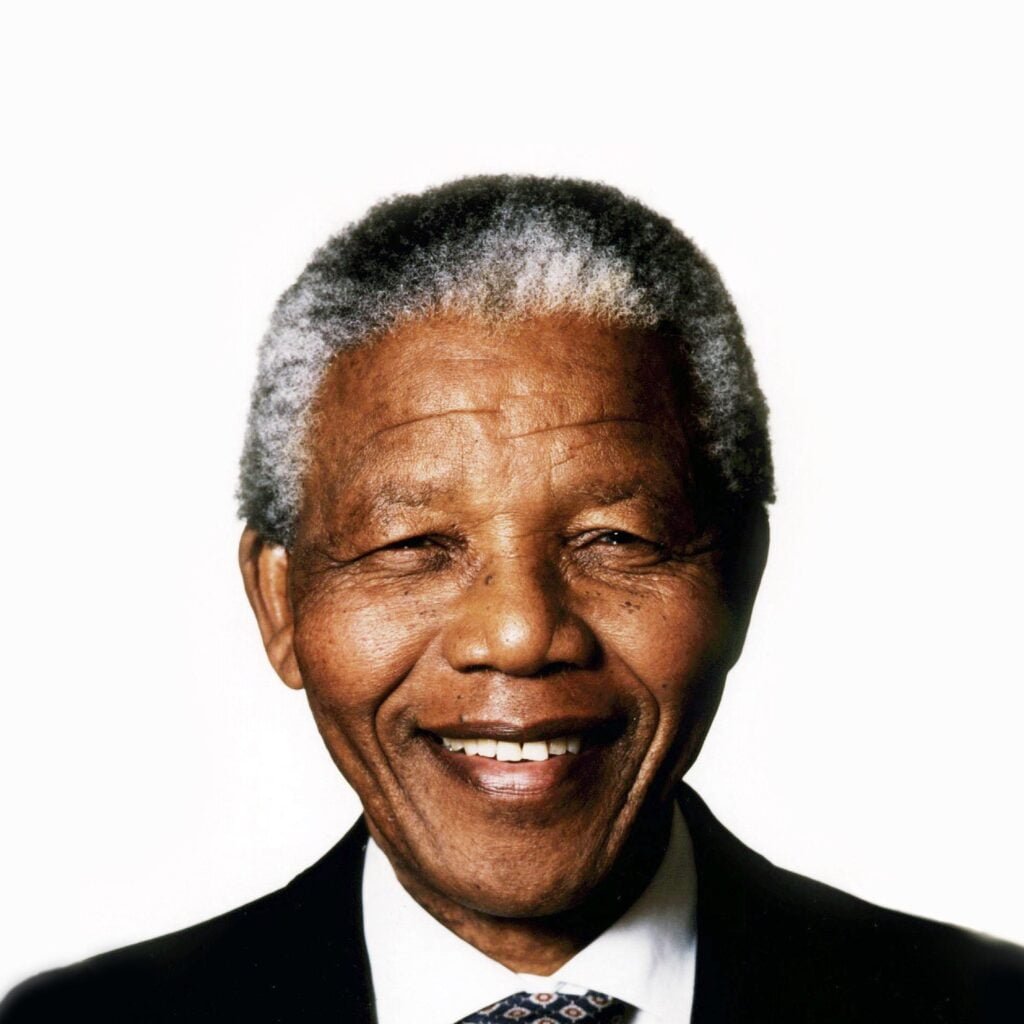
Nelson Mandela (South Africa)
Nelson Mandela is admired all over the world for his unflinching dedication to justice, equality, and healing. He was the first democratically elected president of South Africa following the end of apartheid. In South African history, his presidency (1994–1999) represented a turning point as he guided the nation away from the diabolical years of apartheid and toward a unified, democratic society.
Mandela won the Nobel Peace Prize, received international acclaim, and left behind a lasting legacy as a testament to hope and resilience thanks to his efforts to foster understanding and create a multiracial society.

Julius Nyerere (Tanzania)
Tanzania’s founding father and first president, Julius Nyerere, was a visionary leader who made an enduring impact on both his nation and the continent of Africa. Nyerere, who held the office of president from 1964 to 1985, promoted African socialism and worked to improve the lives of rural poor people, advance education, and strengthen the nation. His passion for independence and his Ujamaa (socialist) thought influenced many African leaders and put Tanzania on a distinctive path of growth.
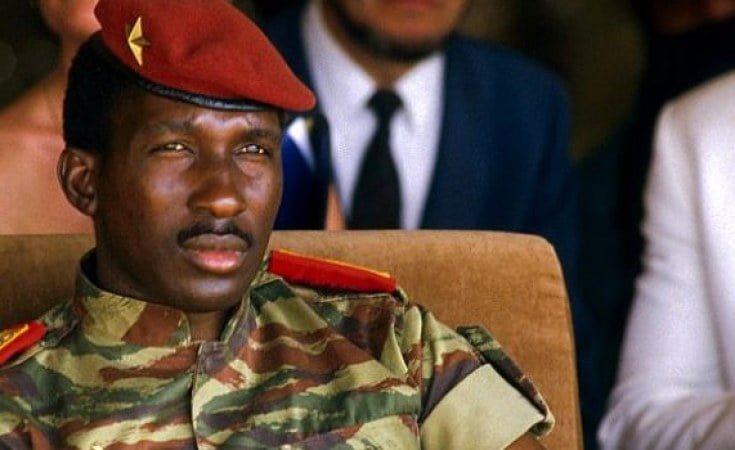
Thomas Sankara (Burkina Faso)
Known as “Africa’s Che Guevara,” Thomas Sankara served as president of Burkina Faso from 1983 until his murder in 1987. Sankara’s revolutionary fervor and dedication to social justice, gender equality, and pan-Africanism were hallmarks of his government. He put in place significant measures to fight corruption, encourage self-sufficiency, and give underprivileged groups more influence. Sankara became a beacon of hope for many people around the continent thanks to his charismatic leadership and liberal ideas.
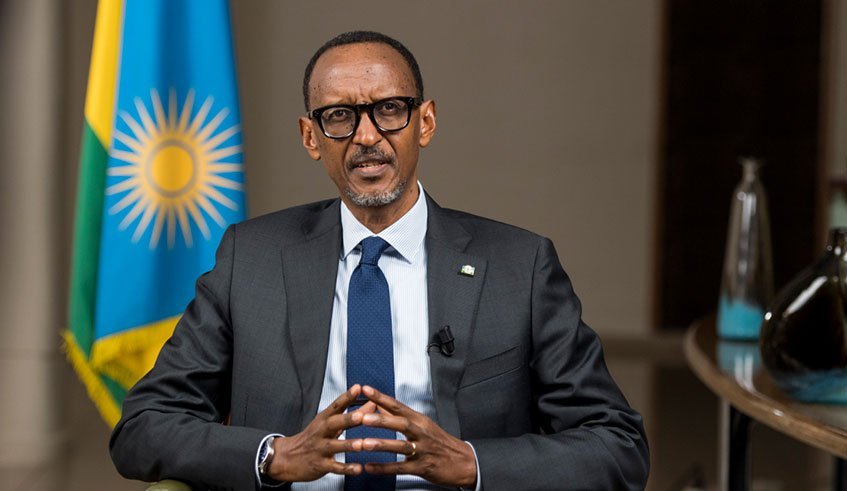
Paul Kagame (Rwanda)
Since taking office as president in 2000, Paul Kagame has guided his nation through an impressive process of recovery and development. He is widely regarded as a transformational leader. In the wake of the Rwandan genocide, Kagame’s administration has been distinguished by its emphasis on good governance, economic prosperity, and national reconciliation. Under his direction, Rwanda has advanced significantly in fields like technology, education, and healthcare, and the country has emerged as an example of African progress.
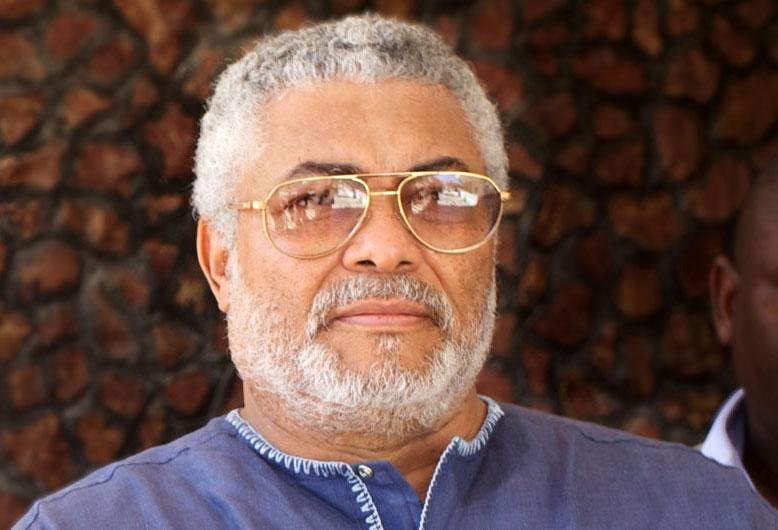
Jerry Rawlings (Ghana)
Jerry Rawlings, a former military commander who helped Ghana make the transition from military control to a democratic administration, had a lasting influence on the political climate of the nation. Rawlings, who first seized control through a coup in 1981, led Ghana’s transition to multiparty democracy in 1992. Rawlings, who was well known for his adamant opposition to corruption and dedication to social justice, was crucial in determining Ghana’s political course and laying the groundwork for the consolidation of its democracy.
Most Powerful Presidents in Africa 2025 – FAQs
Who is considered the most powerful president in Africa in 2025?
As of 2025, Paul Kagame of Rwanda is widely regarded as one of the most powerful African presidents due to his strong influence in East Africa, economic reforms, and leadership in continental affairs such as the African Union and regional peacekeeping initiatives.
What makes a president powerful in Africa?
A president’s power is typically measured by:
Political influence regionally and continentally
Military strength and control over security forces
Economic development achievements
Leadership role in international diplomacy and African Union affairs
Length of tenure and domestic control
Which other African leaders are considered powerful in 2025?
Besides Paul Kagame, other influential leaders in 2025 include:
William Ruto (Kenya) – Economic and diplomatic influence in East Africa
Cyril Ramaphosa (South Africa) – Leading Africa’s largest industrialized economy
Macky Sall (Senegal) – Strong presence in ECOWAS and West African politics
Abdel Fattah el-Sisi (Egypt) – Military strength and geostrategic influence in North Africa
Is power always tied to democracy or popularity?
No. Some powerful African presidents derive influence through military control, constitutional amendments, or long-term rule, rather than democratic popularity. Others are elected democratically but still maintain high levels of authority and influence both domestically and internationally.
How do African presidents influence global politics in 2025?
African presidents influence global politics by:
Participating in peacekeeping missions
Shaping continental economic policies (e.g., AfCFTA)
Acting as key players in climate change negotiations
Attracting foreign investment and fostering South-South cooperation
Conclusion
These five presidents are only a small portion of the powerful figures who have influenced Africa’s political system. Their capacity to effect radical change, promote harmony, and advance social justice has left a lasting legacy. These leaders have had a lasting impression on their countries and the continent as a whole, whether it is through their dedication to democracy, support of equality, or pursuit of economic progress.

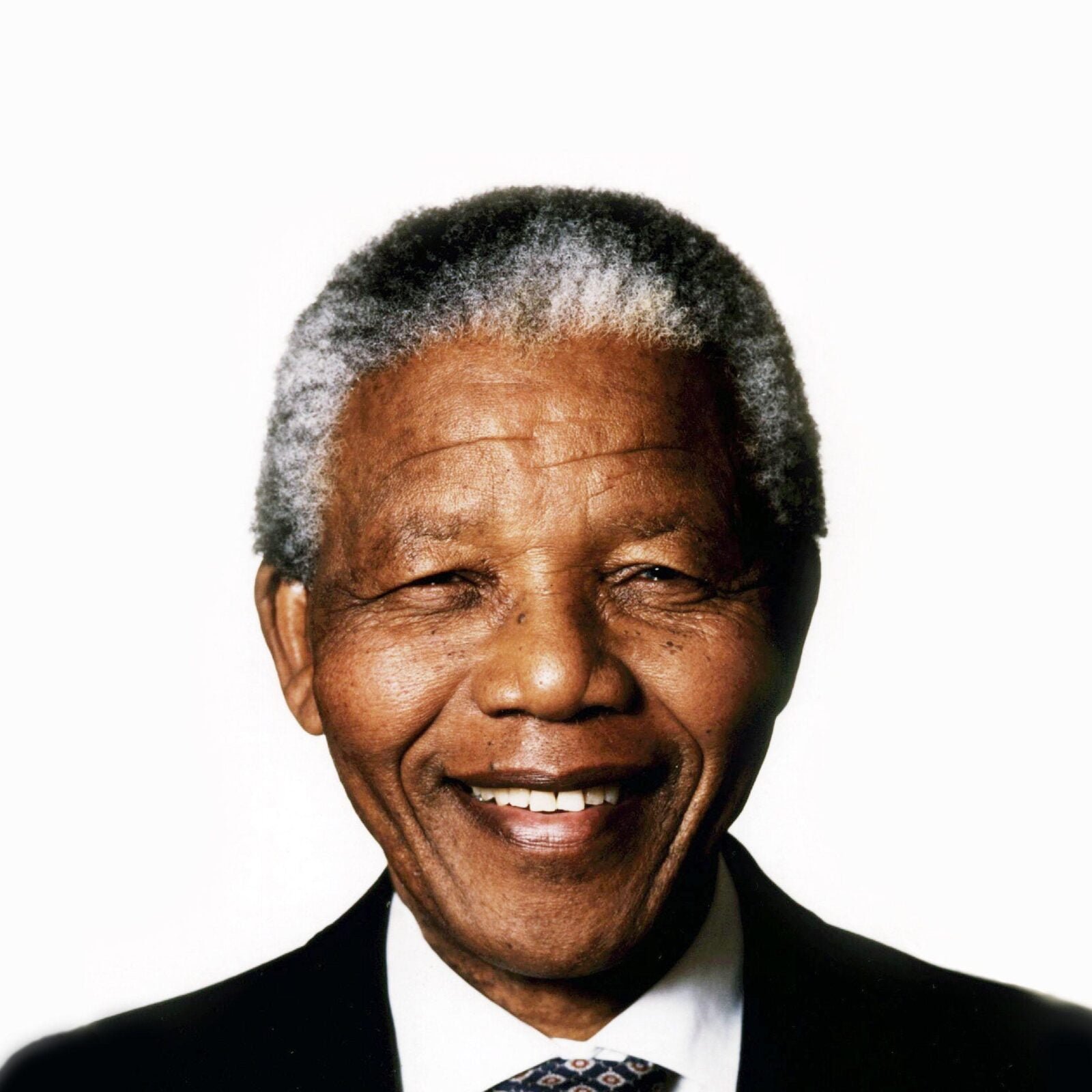


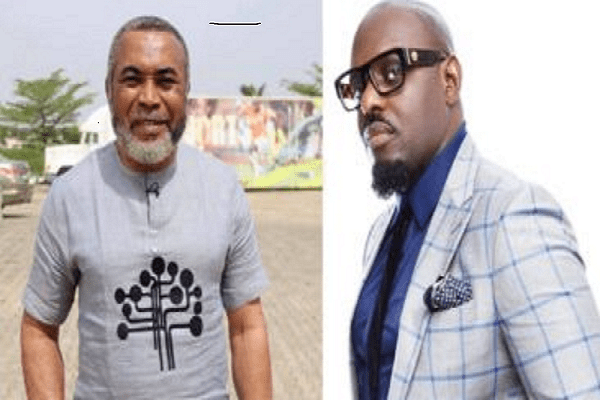
![5 Nollywood Actors That Were Born To Lebanese Fathers [Photos]](https://morenewsonline.com/wp-content/uploads/2022/12/bteafg.png)
Leave a Reply